People are interested in why artificial intelligence matters. It does matter in our daily life in ways we never think of. It has found a place in our daily life from smartphones to self-driving cars. It has transformed our way of working, learning, shopping, and socializing.
AI, in simple terms, refers to the ability of a machine to execute actions just like the human being does. It makes choices, provides solutions to problems, and acknowledges patterns far quicker than human ability. Being knowledgeable concerning the value of artificial intelligence is essential to the economy, society, and human kind’s future.
AI in Everyday Life
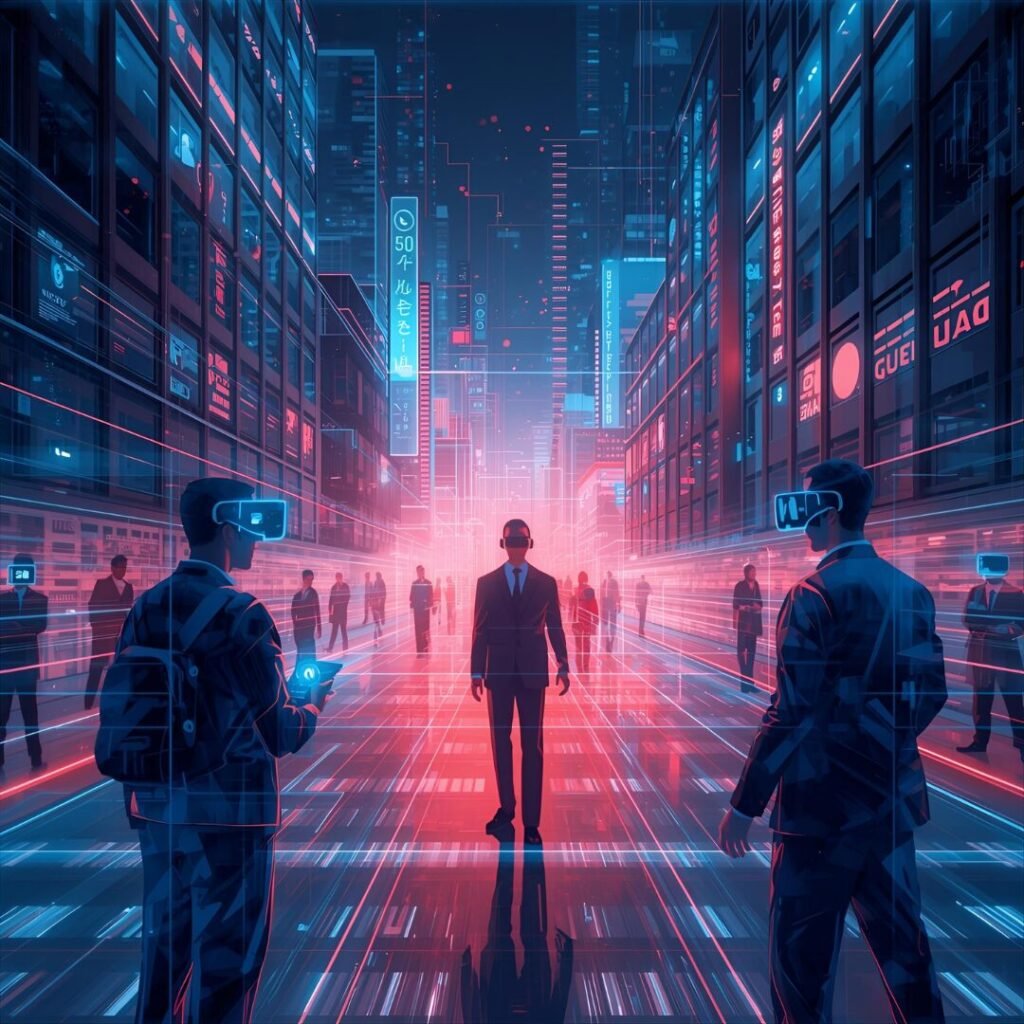
AI is all around us, sometimes without us even knowing it. If you ask voice assistants like Siri or Alexa something, they take your message and use AI to return with responses. Even social media platforms utilize AI to suggest friends to follow, posts to like, and ads to view based on your interests.
Video streaming platforms like Netflix and Spotify employ AI to recommend films or songs based on your history. Online shops do the same to suggest products likely to engage your interest. These show why artificial intelligence contributes so much to making everyday tasks more convenient and personalized.
AI in Healthcare
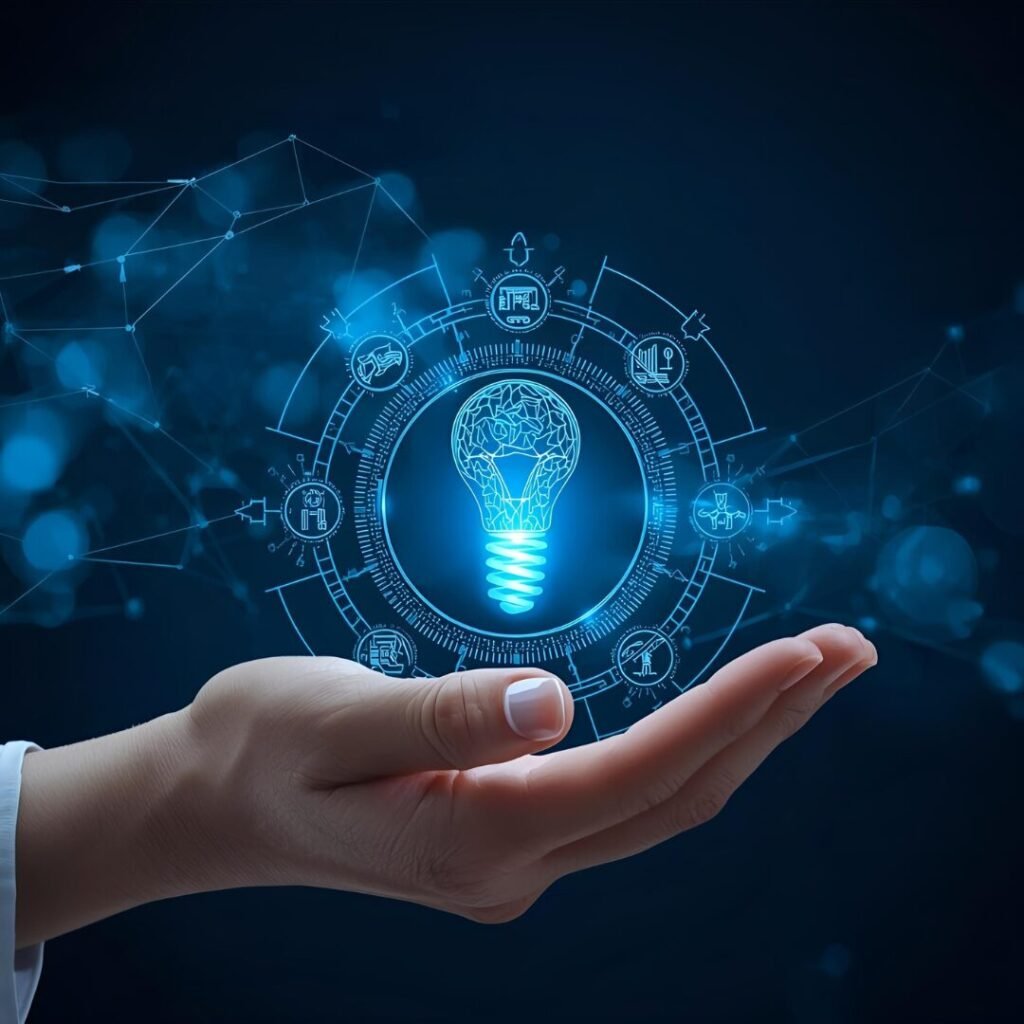
Artificial intelligence has been a critical tool in the healthcare industry. Physicians use it to diagnose diseases faster and better. For example, AI programs are able to read through medical scans and pinpoint diseases like cancer in the early stage. This cuts time and also preserves life.
AI powers wearable devices like smartwatches with heart rate, sleep, and activity tracking. AI-powered technologies are utilized in hospitals to predict patient needs, manage their files, and aid surgery through robotic assistance. This is why artificial intelligence has a significant presence in making humans healthy.
Learn More :What is PHP used for in web development
AI in Healthcare
| Use Case | How AI Helps | Impact |
| Disease Diagnosis | Scans and detects illness early | Faster treatment |
| Patient Monitoring | Tracks health with devices | Prevents medical emergencies |
| Robotic Surgery | Assists in complex operations | Higher precision |
| Data Management | Organizes patient records | Saves time for doctors |
AI in Business and Economy
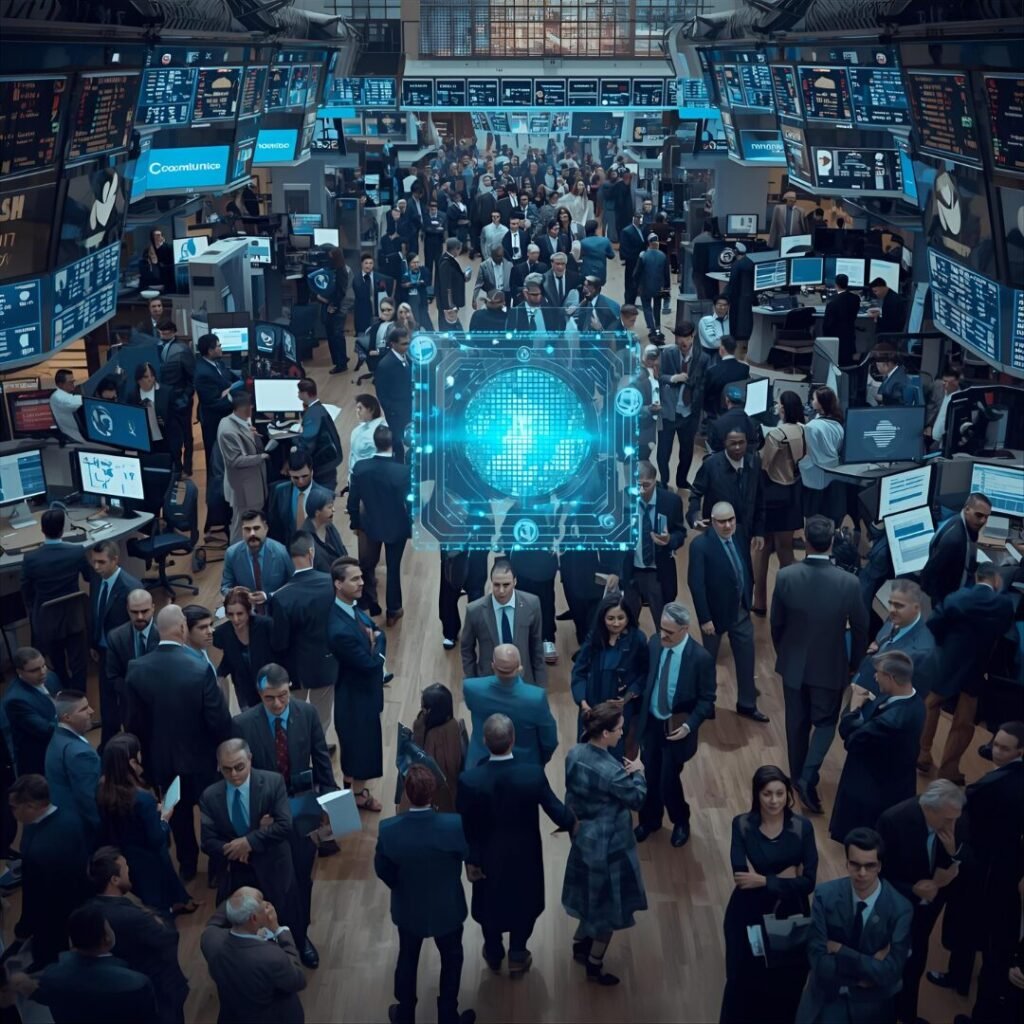
Businesses utilize AI to operate more effectively and minimize expenses. For example, customer services are delivered via 24/7 chat without human assistants. Shopping enterprises utilize AI to study customers’ behavior and create efficient marketing strategies. Banks also use it to track fraud through recognizing abnormal spending.
AI leads to greater efficiency and cheaper costs as well. It makes repetitive and mundane work more efficient, thus allowing workers to do innovative and complex work. This is why artificial intelligence is relevant to organizations with plans to expand and flourish in the present economy.
AI in Education

Another sector AI is influencing is education. Smarter learning platforms can adapt lessons based on the learning rate and learning style of the student. This provides a personalized experience for each person who is better equipped to learn subjects.
AI technologies also help educators through grading assignments quickly and determining hot spots where students are doing poorly. Even certain schools use chatbots in responding to students’ questions at all times. This is why AI is crucial in delivering equity in quality education to all.
AI in Education
| Area | AI Role | Benefit |
| Personalized Learning | Customizes lessons | Better student results |
| Automated Grading | Grades work fast | Saves teacher’s time |
| Student Support | Chatbots answer questions | Round-the-clock learning help |
| Data Analysis | Tracks progress | Helps improve teaching methods |
AI in Transportation

Artificial intelligence is changing the way things and humans move. The most famous application is the self-driving car; they apply AI to scan the road, detect traffic, and make driving decisions that keep one safe. Companies such as Tesla and Google are working toward making these self-driving cars commonplace in the future.
AI is also improving public transportation systems: planning bus runs, lessening traffic jams, and predicting delays. Airlines utilize AI to optimize flight paths and fuel savings. Many of these applications demonstrate the rationale for AI as an essential part of rendering transportation safer and more efficient.
AI and Security
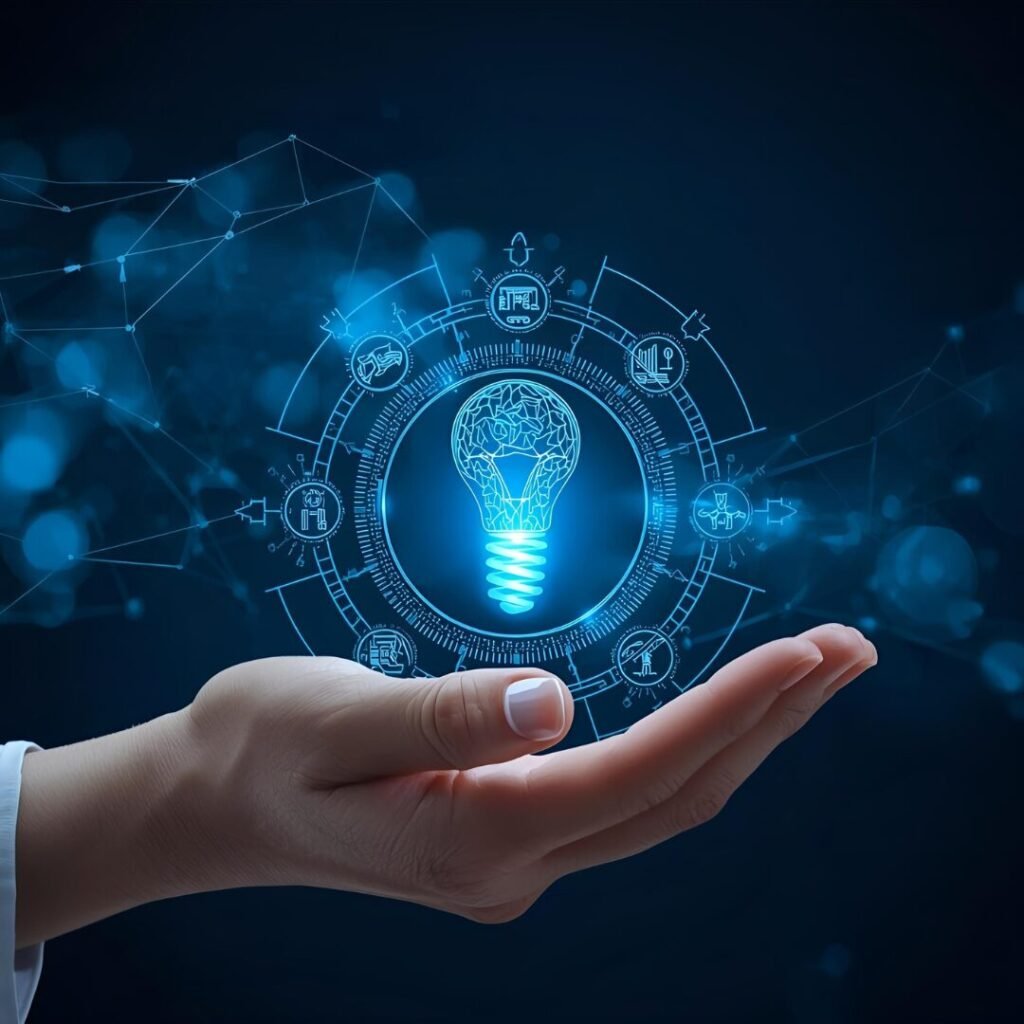
Security has now become a major worry in the digital era. The AI body can monitor networks for anomalies to detect cyber threats; it can stop hackers before they can do any damage. Banks, governments, and corporations widely use AI systems to protect sensitive information from threats.
Physical security also includes AI-powered cameras and facial recognition. Police use it to track suspects, while airports use it for the protection of passengers. Although this fuels privacy controversies, it still illustrates the importance of artificial intelligence in fostering a safer society.
AI and Scientific Research
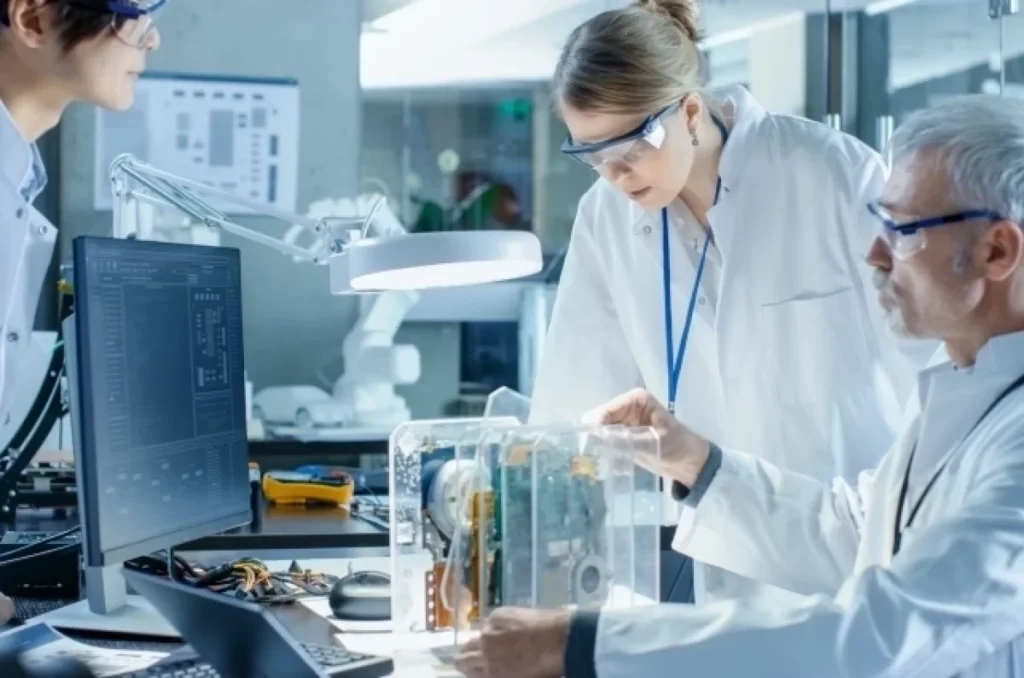
Machine learning and artificial intelligence in science provide incredibly big datasets. For example, AI analyses the signals returned from telescopes while processing the signals for determining the possible spots where one can find new planets in space exploration.
Sure enough, researchers today use AI to design medicines much quicker compared to conventional means. The simulation of molecule interactions permits researchers to hasten the process of drug discovery. These examples illustrate artificial intelligence’s importance in having the frontiers of human knowledge pushed ahead.
AI in Scientific Research
| Field | AI Contribution | Benefit |
| Space Exploration | Processes telescope data | Finds new planets |
| Climate Science | Analyzes weather patterns | Predicts disasters |
| Drug Discovery | Simulates molecule interaction | Faster medicine development |
| Genomics | Studies DNA sequences | Improves genetic research |
Ethical and Social Importance
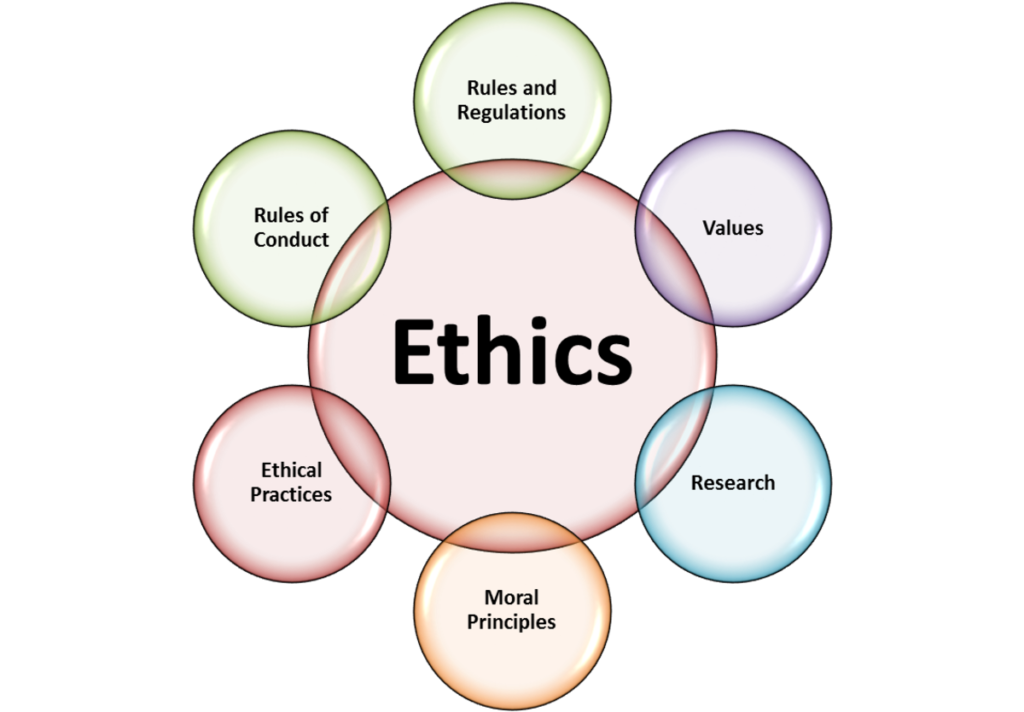
Ethical questions that society needs to address arise from AI. Many people fear losing their jobs when activities that were once performed by humans are done with the help of machines. Debates surrounding the future of work and fair employment then spring up.
Another issue addresses bias in AI systems. If AI is trained using biased data, then it will yield biased results. This is the reason why artificial intelligence is important for progress as well as ethical and social values. Governments and organizations must make sure that AI is used responsibly.
The Future of AI
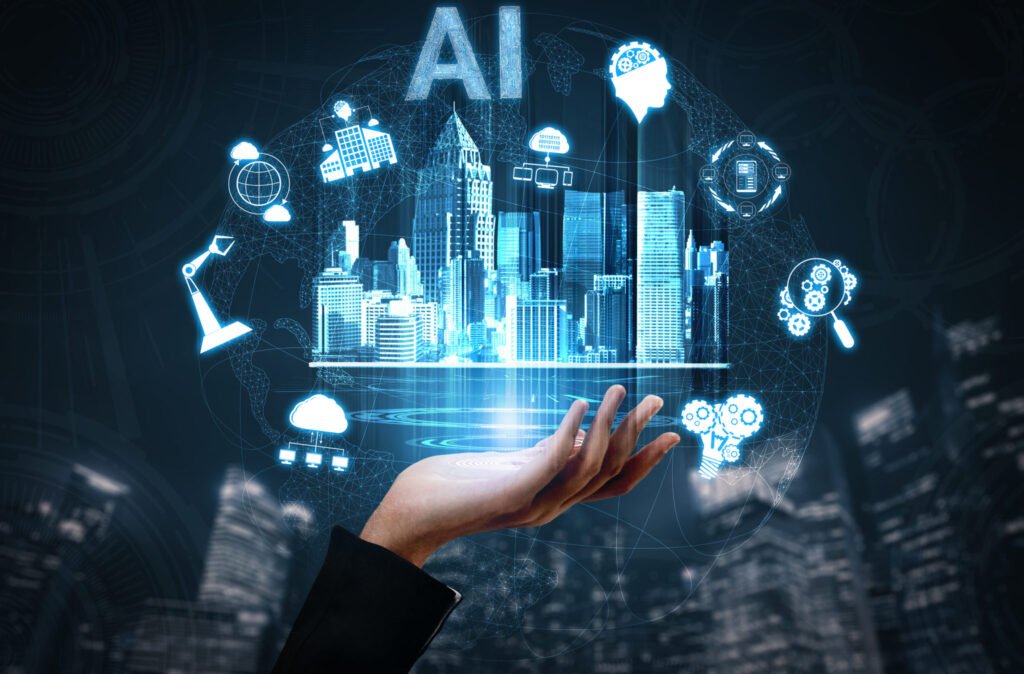
Both exciting and uncertain is the future for artificial intelligence. It is predicted by experts and analysts to keep progressing and change almost every aspect of human existence. This includes §a possibility of discovering new cures to cure human diseases, build smarter cities, or even manage advanced robots that cooperate with their orchestras.
Still, futurity could present immense risks. If AI is not effectively regulated, it may dramatically increase issues such as invasion of people’s privacy, job health, and dependence of people on automated machines, which shows why artificial intelligence is essential for driving the world to forge a better future for all.
AI in Finance
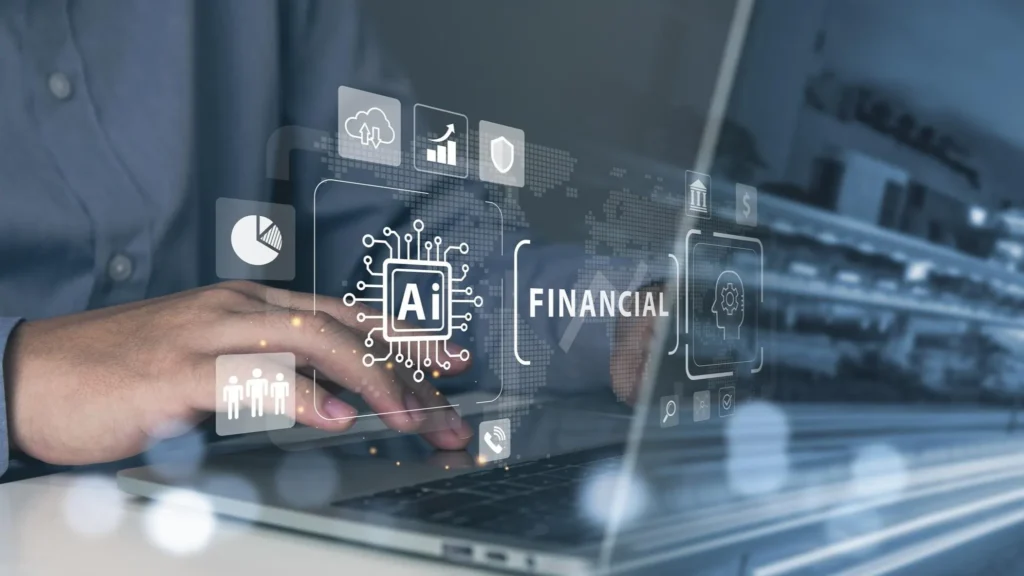
The financial industry is the largest user of AI. Banks and investment companies apply AI for analyzing market trends, making stock predictions, and providing advice on wise investments. AI systems are capable of processing thousands of transactions every second, a task that humans could hardly match.
Fra
ud detection is another main theme. AI detects irregular activity at the real-time ground level and prevents financial frauds from occurring. This clearly shows how important artificial intelligence is to keeping the economy secure and efficient.
AI in Customer Service
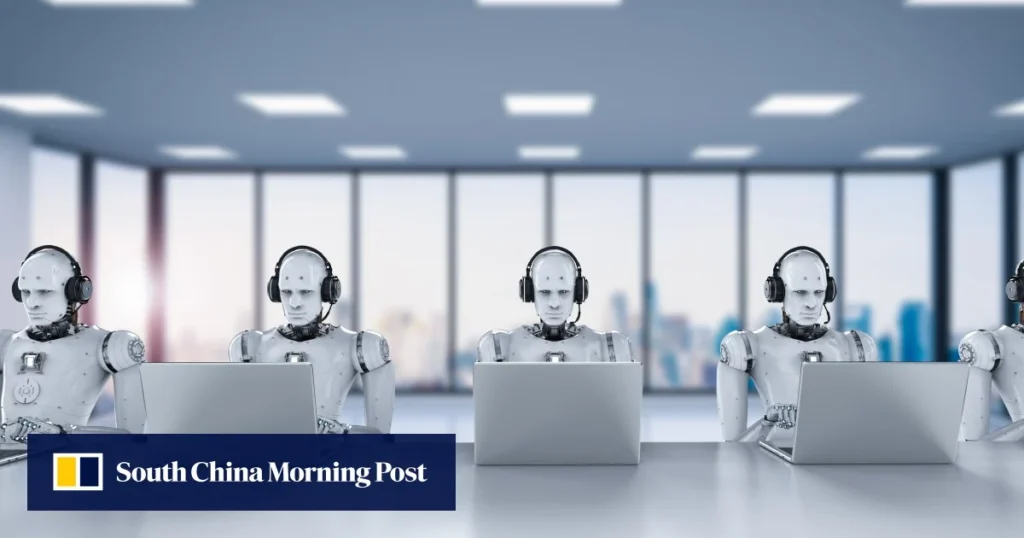
AI has completely changed the face of customer service. Chatbots and virtual assistants manage millions of customer questions every day. These provide instant replies and save time by being available round the clock without any breaks.
AI also enables organizations in analyzing customer feedback and recognizing patterns among complaints. These allow businesses to improvise their products and services at an amazing speed. All of these improvements indicate why artificial intelligence is significant in keeping customers happy and loyal.
AI in Smart Cities

Artificial intelligence makes cities ingenious. By utilizing AI, the traffic system regulates the signals and curtails bottlenecks. Public safety departments would rely on AI as they monitor CCTV to analyze, then predict hotspots for crimes.
AI helps in waste disposal and energy in urban areas. It, thus, can save cities on power and pollution. These initiatives exemplify why artificial intelligence is key to developing a sustainable modern community.
FAQ”s
What is artificial intelligence in simple words?
Artificial intelligence occurs when machines think, learn, and make decisions like humans do.
Why is artificial intelligence important today?
It is important because it makes life convenient, improves healthcare, helps businesses, and contributes to scientific progress.
How does AI affect jobs?
AI makes some jobs automated but also presents new ones in the spheres of technology, data science, and innovation.
Can AI be dangerous?
Yes, AI with improper utilization does harbor potential threats of privacy, bias, or security risk. Which makes ethical utilization most critical.
What is the future of AI?
The future of AI includes smart cities, better healthcare, improved education, advanced technologies, and solutions.
Conclusion
Why artificial intelligence is significant in the world today is more than a matter of scientists but all of humanity. Artificial intelligence has revolutionized healthcare, business, learning, and even daily life. It also offers the solution to the world’s problems like climate change and disease research. But with development comes responsibility. Let’s guide AI with morality, equity, and protection principles. That balance will ensure why artificial intelligence is significant and continue to be a story of human progress, not threat.




